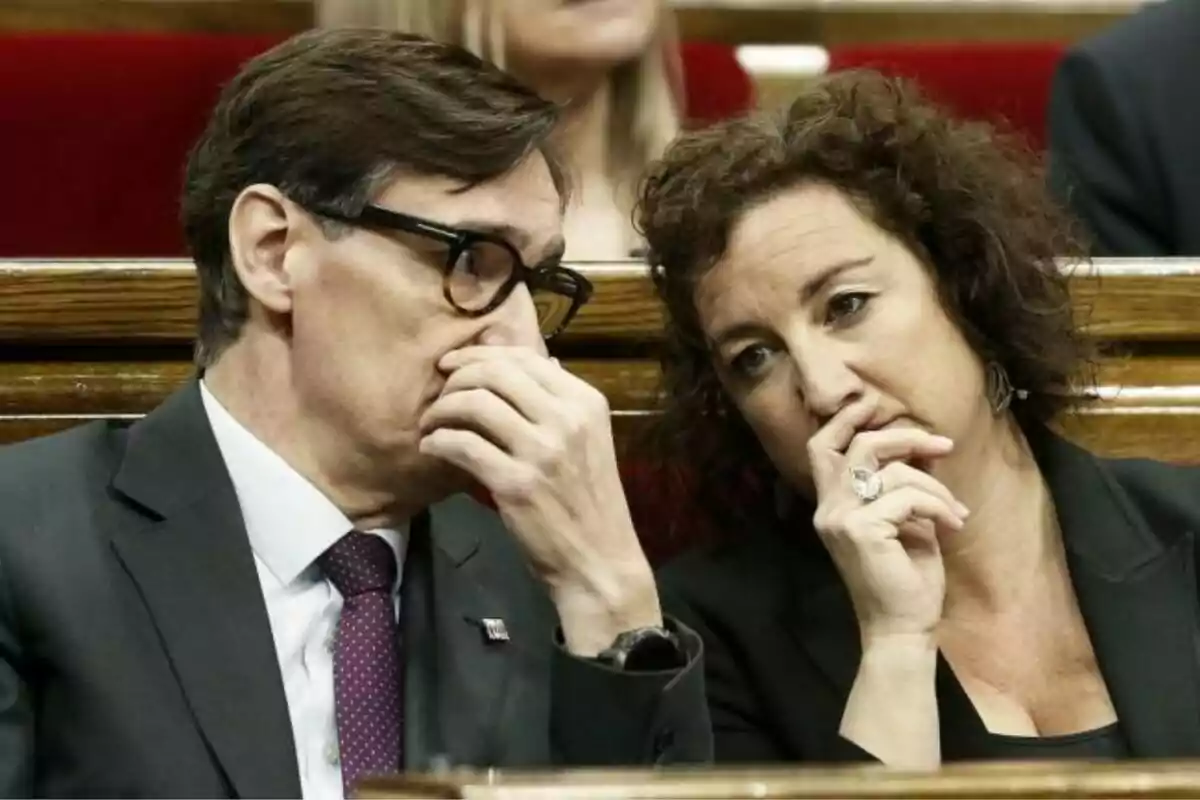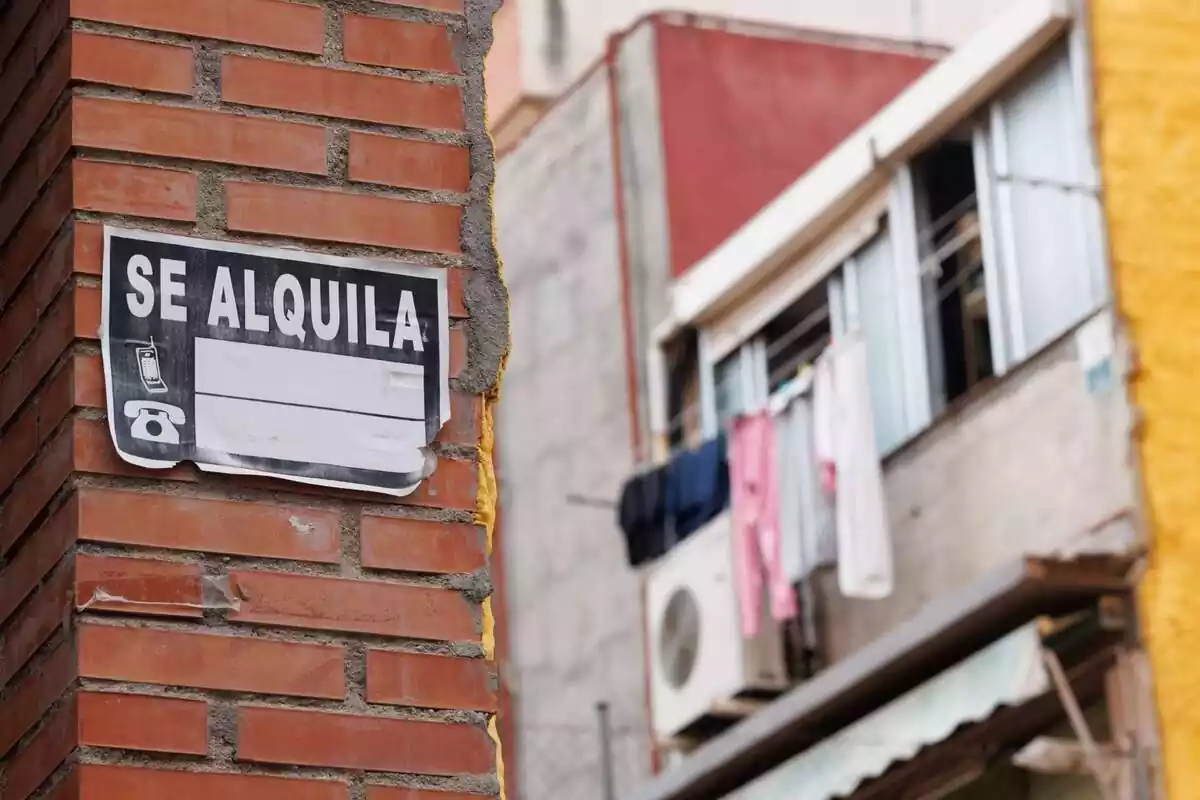
Housing Taxation: The Key Points of the Government's Economic Plan
Stimulating housing demand and reducing supply could worsen the real estate problem in Catalonia even further
Aware of the void left by the separatism movement, the PSC government has launched many significant initiatives in a short time. The goal is none other than to restore the atmosphere of prosperous Catalonia prior to the separatism decade. But, for now, all President Illa has done is fuel ambition.
The clearest examples are the public housing plan and the plan to restore Catalonia's economic leadership in Spain. We are not talking about minor issues. On one hand, the housing plan involves 4.4 billion euros in public investment; on the other hand, the economic plan involves another 18.5 billion euros.

Seen with some perspective, these economic plans do not deviate from the situation now present in the rest of Europe. That is, ambitious and multi-million deployments to compensate for the degradation that began with the 2008 crash. Broadly speaking, this degradation is summed up in a single phenomenon: the loss of purchasing power.
In any case, the results of these plans will be seen in the future. But what will not be seen in the future, but now, will be the financing of all this ambition. Now comes the debate on taxation.
The PSC's Tax Plan
Financing has only two possibilities: increasing revenue or reducing expenses; and increasing revenue translates into issuing debt or raising taxes. In the case of Catalonia, a deep cut in spending is not at all on the horizon. Therefore, increasing revenue is what the government will do under the idea of "fair taxation" and "shared prosperity."
These slogans translate into lowering taxes in one area and raising them in another. As usual, efforts are made to ensure that tax increases do not affect the bulk of the population to avoid the corresponding electoral risks. And, according to the new fiscal plan of the government, the pressure on the working classes is reduced, and it is increased on property owners and the tourism sector.
Regarding the first group, the income tax is reduced by one point for those earning less than 33,000 euros annually (around 63% of taxpayers). This way, the brackets are reduced from 8 to 9, reaching a tax range from 9.5% to 25.5% income tax. In reality, the one percentage point reduction translates into modest amounts: between 78 and 103 euros less in income tax per year.

Where there is more room is in the rent deduction. The age limit for rent deduction is increased from 32 to 35 years, which will reach 16,100 people. In absolute terms, the savings can range approximately from 500 euros for single individuals to 1,000 euros for large and single-parent families. And the income threshold for rent deduction also increases, going from 20,000 euros annually to 30,000. This translates into almost 15,000 more people benefiting.
These are the most notable changes. Among other tax reductions, there are also incentives for cooperatives, tax aid for victims of gender violence and families hosting foster children, and changes in access to the lower brackets in the property transfer tax.
Who Pays? Property Owners and Tourism Sector
At this point, there are no major novelties: those who are at the center of the current public debate pay. In this case, the tourism sector and property owners. The PSC, therefore, translates ERC and Comuns' positions into taxation.
Initially, higher property transfer tax brackets are created for higher-value properties. A 12% rate for properties between 900,000 euros and 1.5 million, and a 13% rate for those above one and a half million. In this line, a 20% tax is introduced on the purchase of entire buildings by large holders.
Finally, the tourist tax is also doubled, and municipalities are authorized to impose surcharges of four euros per night and day (eight, in the case of Barcelona). According to Councilor Romero, 25% of the tourist tax revenue will be allocated to housing policies.

The Real Estate Problem Is Not Fiscal: Lack of Supply
Salvador Illa, ultimately, implements his social-democratic perspective, which de facto focuses on the housing problem. One of the economic unknowns is whether these tax cuts, combined with population concentration, will further stretch the demand for housing.
Because it should not be forgotten that this climate of "real estate taxation" will occur over a housing sector increasingly in retreat. And, despite what the government announces in collusion with Moncloa, the rental supply has decreased in Catalonia. All property owners have had to do is shift the supply to temporary rentals, leaving residential empty.
For this reason, Illa's economic-fiscal plan can only succeed if the housing plan, projected for 2030, works first. Otherwise, a perfect storm of reduced supply due to regulatory interventionism and increased demand due to tax cuts could occur. With different names, this is the real estate legislature.
More posts: